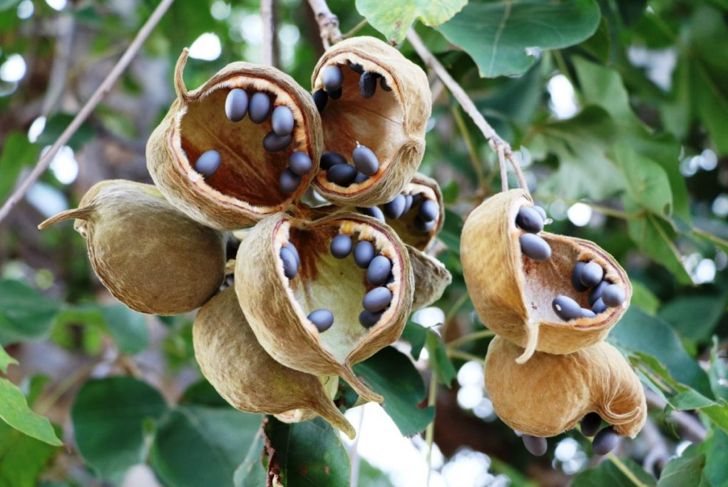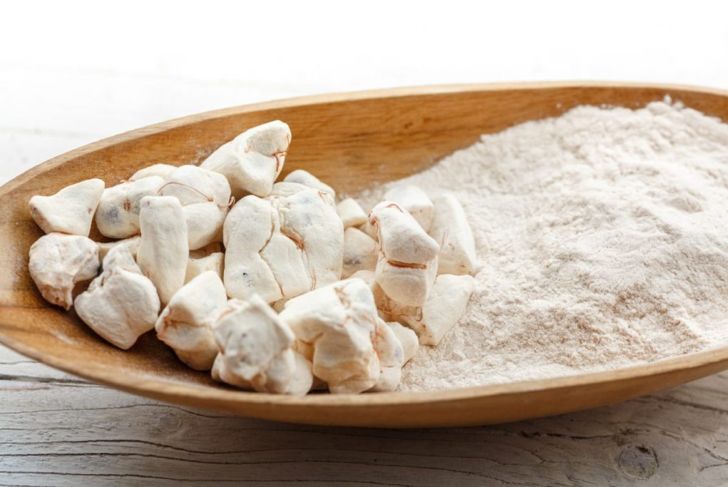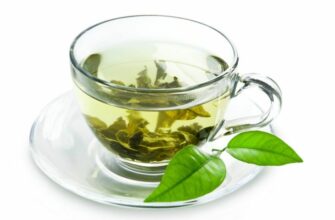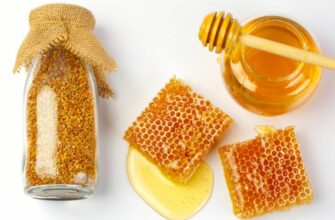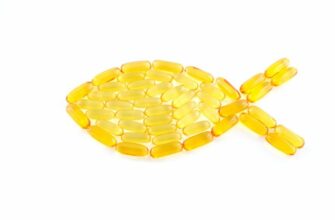The baobab is a tree that grows in some parts of Africa, Australia, and Middle Eastern countries. It produces a pod fruit with a citrus-like flavor that enthusiasts can eat fresh or grind into a powder and used as a dietary supplement. For centuries, people native to the regions in which the baobab tree grows have used the leaves, bark, and seeds to treat a range of health conditions. Though there is not much medical research into the plant, we should not discount the nutritional and health benefits of baobab fruit.
Nutritional Content
Baobab fruit contains a wide range of nutrients. In particular, it is very high in vitamin C. Nutritionists estimate a 40 gram serving of baobab fruit pulp contains between 84-100% of the recommended daily amount of this essential vitamin — significantly more than oranges. Furthermore, baobab leaves contain high levels of calcium, and both the fruit pulp and the leaves are rich in anti-oxidants.
Eating Fresh Baobab
Fresh baobab fruit is usually only available in the countries where it grows. In these areas, it is a staple of the local diet; people blend the fruit pulp with water or milk to make a nutritious drink, or add it to sauces or baking. Baobab pulp also serves as an agent for brewing alcoholic beverages.
Baobab Powder
In areas where baobab doesn’t grow naturally, it is usually only available in powder form. The white powder can serve as a nutritional supplement, either on its own or combined with other ingredients. Baobab powder can also be mixed into fruit juice or smoothies or added to cereal or yogurt to increase its nutritional content. It can be kept for around two years, although it’s unclear whether long-term storage affects nutrient levels.
Baobab and Iron Absorption
The human body needs two types of iron: heme iron and nonheme iron. Nonheme iron is difficult for the body to absorb. Consuming vitamin C alongside iron-rich foods improves the absorption of both types of iron. Therefore, baobab is an ideal food to eat alongside sources of iron. The powder can be sprinkled onto iron-rich foods or taken with iron supplements.
Digestive Health
Baobab promotes digestive health because it is rich in both soluble and insoluble fiber. In fact, some baobab powders are nearly 50% fiber. Soluble fiber helps soak up water in the gut and reduce levels of harmful cholesterol. Insoluble fiber helps food move through the gut more easily, keeping the bowels in good condition and preventing common digestive problems.
Antioxidant Content
Baobab fruit is rich in antioxidants — it contains double the amount of the healing compounds than goji berries. Antioxidants help fight against the build-up of harmful free radicals in the body. Free radicals can cause cell damage that leads to conditions such as heart disease and cancer. Eating a diet with plenty of antioxidant-rich foods such as baobab can help prevent free radical damage and lower the risk of some illnesses.
Baobab and Weight Loss
Some research suggests that consuming baobab regularly may help with weight loss. A 2010 study found that taking 15 grams of baobab extract in a smoothie led to decreased appetite in test participants. The high amounts of fiber in baobab can also promote satiety thanks to fiber’s ability to slow the progress of food through the digestive system. This promotes a feeling of being fuller for longer and may decrease daily calorie intake.
Blood Sugar Levels
Baobab may be helpful in regulating blood sugar levels. Research suggests adding baobab powder into white bread slowed the increase of blood sugar levels. The fiber in baobab may also help slow down the rate at which sugar releases into the bloodstream. This can help prevent dramatic spikes and dips and may be useful for keeping blood sugar levels steady in the long-term.
Baobab as Fever Treatment
In Africa, people use baobab as a traditional treatment for the symptoms of fever and to reduce high temperatures. Some medical evidence also suggests baobab fruit can serve as an anti-fever treatment. However, consuming baobab does not appear to affect body temperature if no fever is present.
Risks
As far as research is concerned, there are no serious side effects of consuming baobab fruit, but the research is minimal. For this reason, people taking prescription medications and pregnant or breastfeeding women should consult their doctor before adding baobab to their diet. Consuming too much vitamin C can cause stomach pains, wind, and diarrhea. Eating baobab could potentially cause these symptoms because it contains such high vitamin C levels. However, a person would need to consume excessive amounts for this to happen.

 Home
Home Health
Health Diet & Nutrition
Diet & Nutrition Living Well
Living Well More
More
